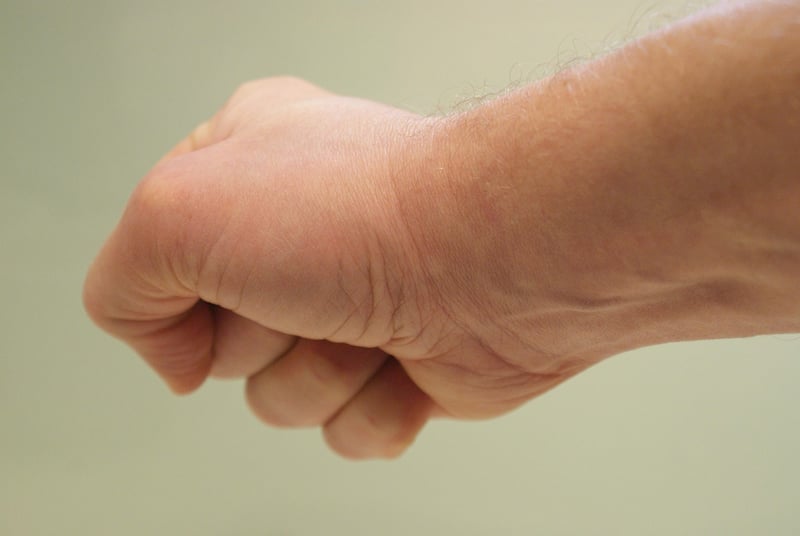Relaxation Techniques
Optimizing Sleep Quality and Patterns + Relaxation Techniques
The Importance of Quality Sleep
Sleep is essential for overall health and well-being. It affects our physical health, mental clarity, mood, and productivity. To optimize your sleep quality and patterns, consider the following tips:
Creating a Sleep-Friendly Environment
- Avoid screens before bedtime
- Keep your bedroom dark, quiet, and cool
- Invest in a comfortable mattress and pillows
Establishing a Bedtime Routine
Develop a relaxing bedtime routine to signal to your body that it's time to wind down. This may include:
- Reading a book
- Practicing gentle yoga or stretching
- Listening to calming music or white noise
Relaxation Techniques for Better Sleep
Engaging in relaxation techniques can help calm your mind and body, making it easier to fall asleep and stay asleep. Try the following techniques:
1. Deep Breathing Exercises
Practice deep breathing exercises to reduce stress and promote relaxation. Inhale deeply through your nose, hold for a few seconds, and exhale slowly through your mouth.
2. Progressive Muscle Relaxation
Tense and then relax each muscle group in your body, starting from your toes and working your way up to your head. This technique can help release tension and induce a state of relaxation.
3. Guided Imagery
Visualize a peaceful and calming place in your mind, focusing on every detail. This technique can help distract your mind from racing thoughts and promote a sense of tranquility.
Conclusion
Prioritizing quality sleep and incorporating relaxation techniques into your routine can significantly improve your overall well-being. Experiment with different strategies to find what works best for you and enjoy the benefits of restful and rejuvenating sleep.

For more information on sleep health and relaxation techniques, visit Sleep Foundation.
